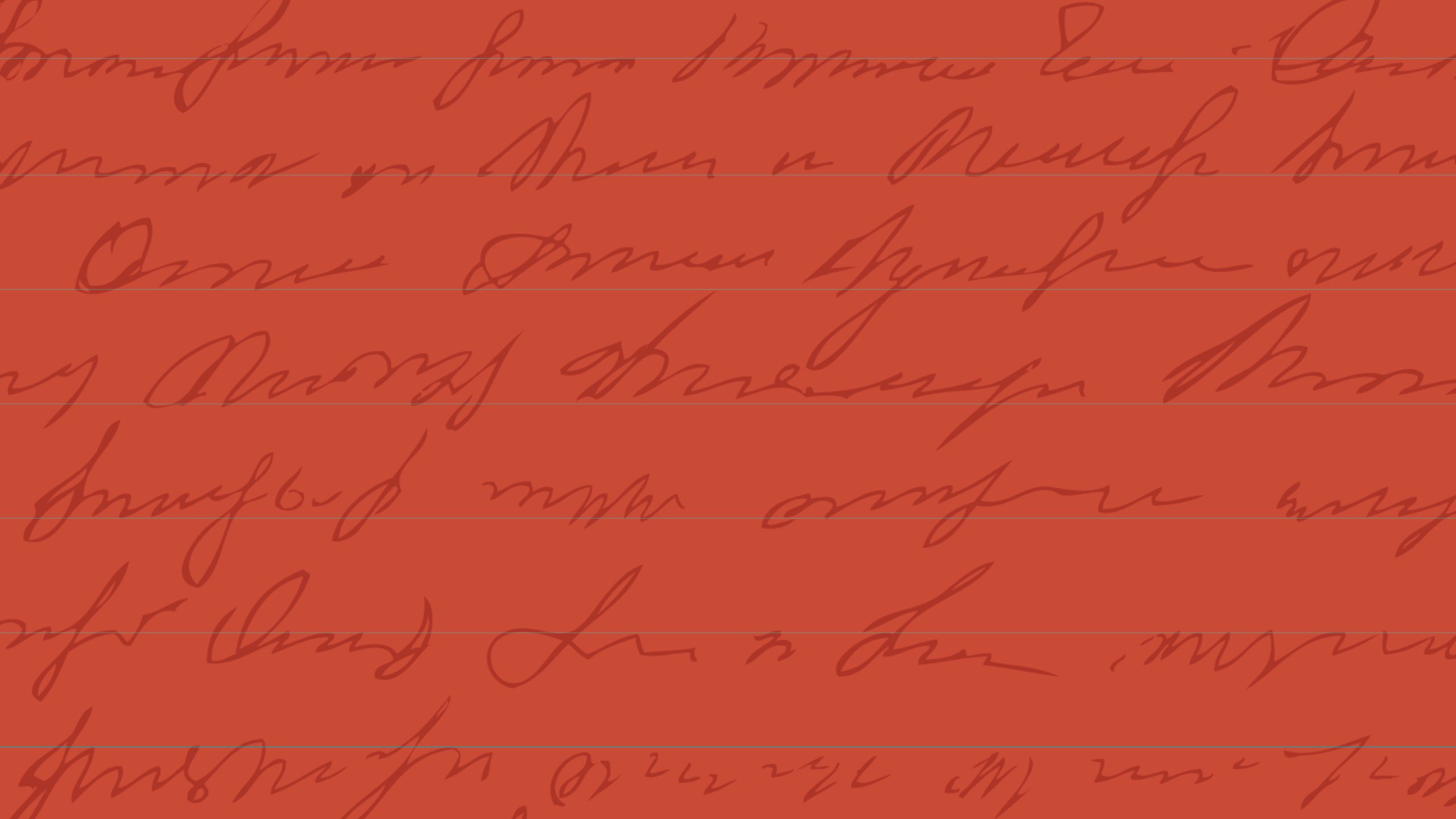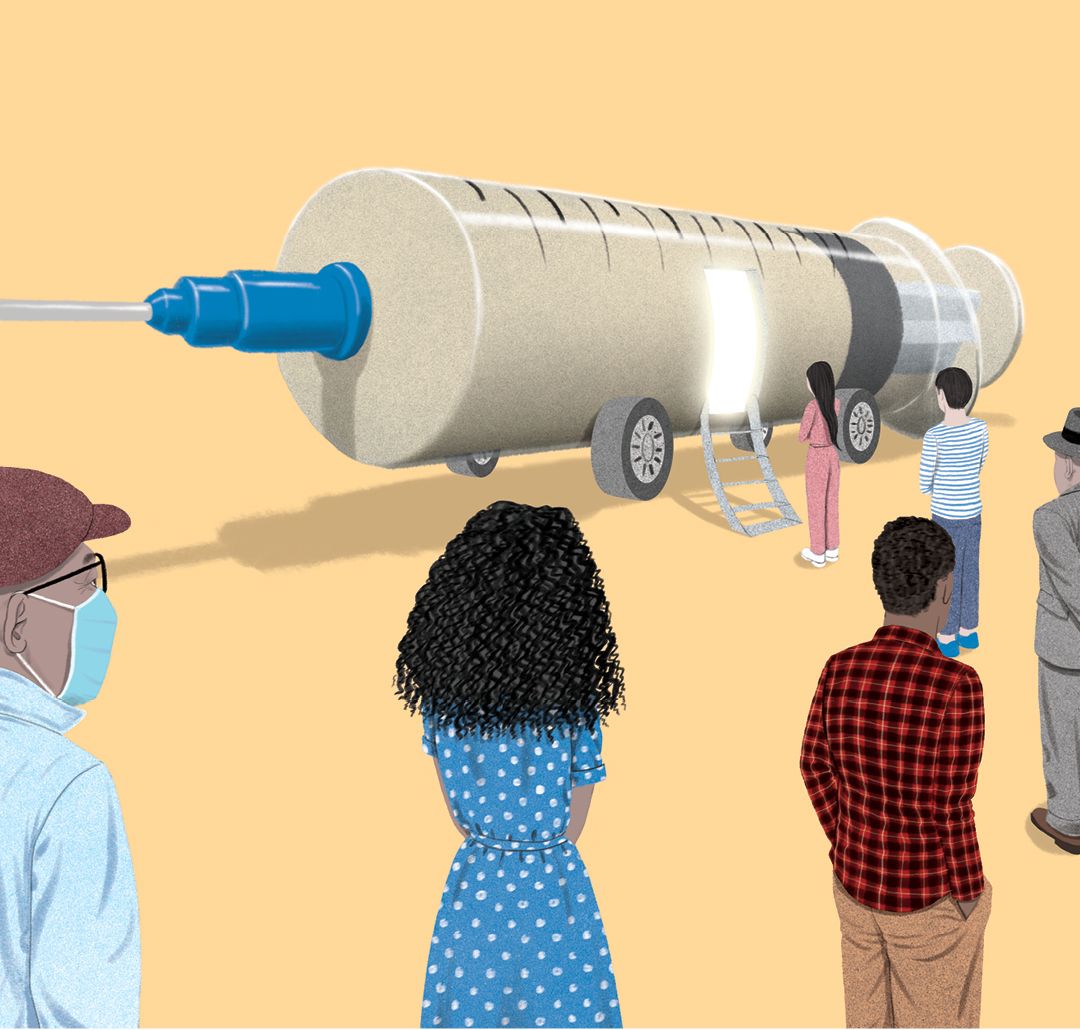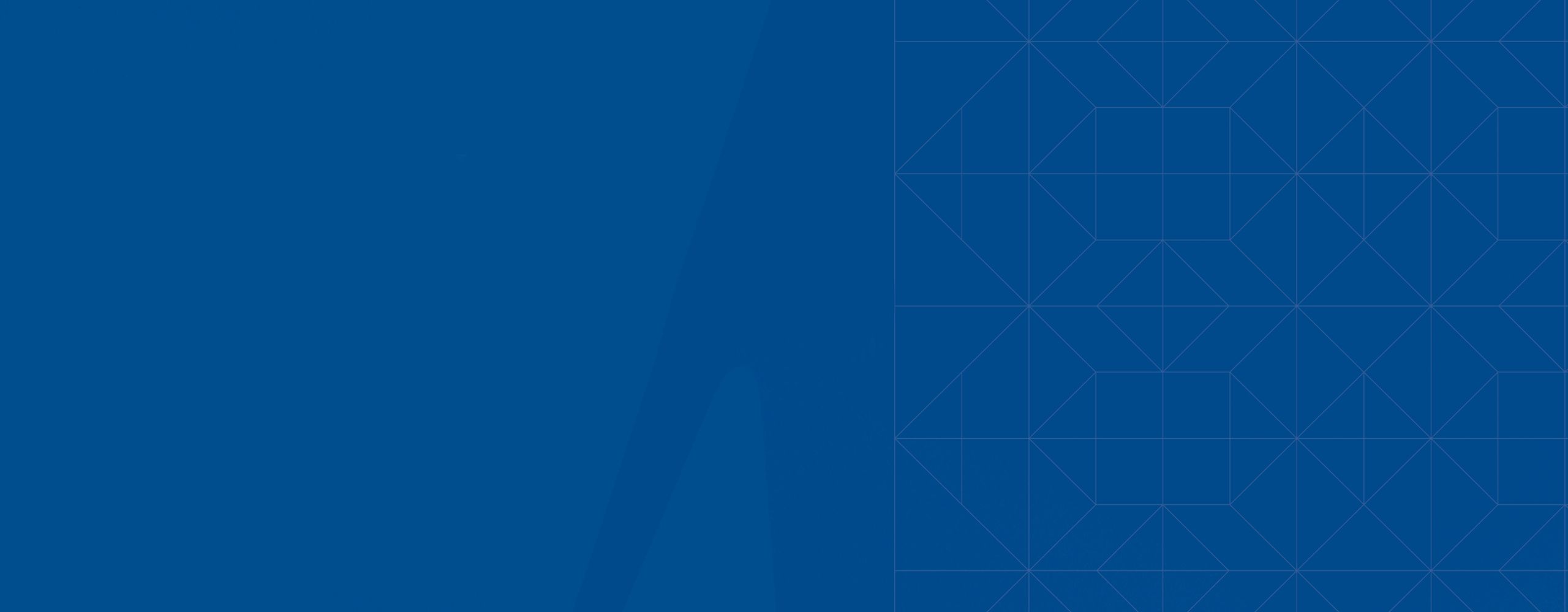Our Year of Living Dangerously | Wiley

Whatever I Can Do to Save Another Life
By Zanthia Wiley
Wiley is an assistant professor of medicine at Emory and an infectious disease physician.

As a hospital-based, infectious diseases doctor, I became interested in the patients being admitted with COVID-19. What zip codes are they living in? What factors increase the likelihood of their contracting the virus? And which of these patients end up returning to the hospital? My primary research now is trying to describe factors that increase the likelihood of Blacks and Hispanics contracting COVID.
I’m working with more than 30 colleagues from Emory hospitals, the VA Medical Center, and Grady to address these disparities. We are looking at what we can do to meet people where they are.
We recognize there are barriers for certain communities to get the vaccine: Internet access, transportation, a language barrier. It’s great to have central vaccine sites, but I’m looking forward to the day we have mobile vaccine units at neighborhood hubs like churches, libraries, and community centers.
On Friday, March 13, 2020, I took care of my first COVID patient. She was Black, in her 70s, churchgoing, married, lived with several family members, and had adopted two younger children as well. The second patient I took care of with the coronavirus was Black. The third patient was Black.
Very early on, I noticed that these patients look like me. They look like my grandmother; they look like my aunt. The disparities in COVID are very personal for me. Fighting against this disease is equivalent to fighting for my family.
A few months ago, I saw a healthy Black patient in his 30s come in with COVID and die within hours. He had no history of medical problems and worked every day. Then I saw that two people admitted after this young man had his same last name. Turns out they were his parents. Just imagine both parents in the hospital, sick with this virus, having to figure out burial arrangements for their healthy child. My heart is heavy right now thinking about it and telling their story.
My research on health disparities is also personal because COVID has struck my own family. But to witness this tragedy and travesty daily has forever changed me as a physician, magnifying what I already knew was out there. To see how this ravaged our community and our world has been life changing. I can no longer stay in the safety net of taking care of individuals; I have to think about the big picture—populations, structural racism, and inequities. What can I, as a Black woman from rural Alabama, do to help my people? What can we all do?
It’s time that academic communities, many of which are sitting right in these neighborhoods, engage our neighbors, even when things are going well. We need to engage faith-based organizations and schools so that when we’re in a tough situation like a pandemic, they know and trust us. Do I understand the seeds of mistrust? Absolutely.
What can I do and what have I done? I got my vaccine. I made sure my mother got her vaccine. I make sure my family members are getting their vaccines. I tell my patients that. And not just my patients. Sometimes it’s the lady at the grocery check-out. Or to groups organized by my pastor or other community leaders, via Zoom. People feel more comfortable after knowing that I took the vaccine and trusted it for my loved ones.
When I’m speaking to someone, I start off with an open-ended question. I ask them what they think about the vaccine, and then address each of their concerns and questions, one by one. Am I having the same conversation over and over, all day, every day? Yes. But if that’s what I have to do to change one person’s mind, I’ll do that.
Think of it as “community immunity”. The more of us who get vaccinated, the better for all of us. I’m grateful that my grandparents survived COVID, but there are more than 600,000 humans in the US alone who did not. That’s what motivates me, what keeps me up after midnight and wakes me at 5 a.m. Whatever I can do directly or indirectly to save another life, I’ll do it until this pandemic is over.
This is an excerpt from the video series “I Am an Emory Researcher”.


